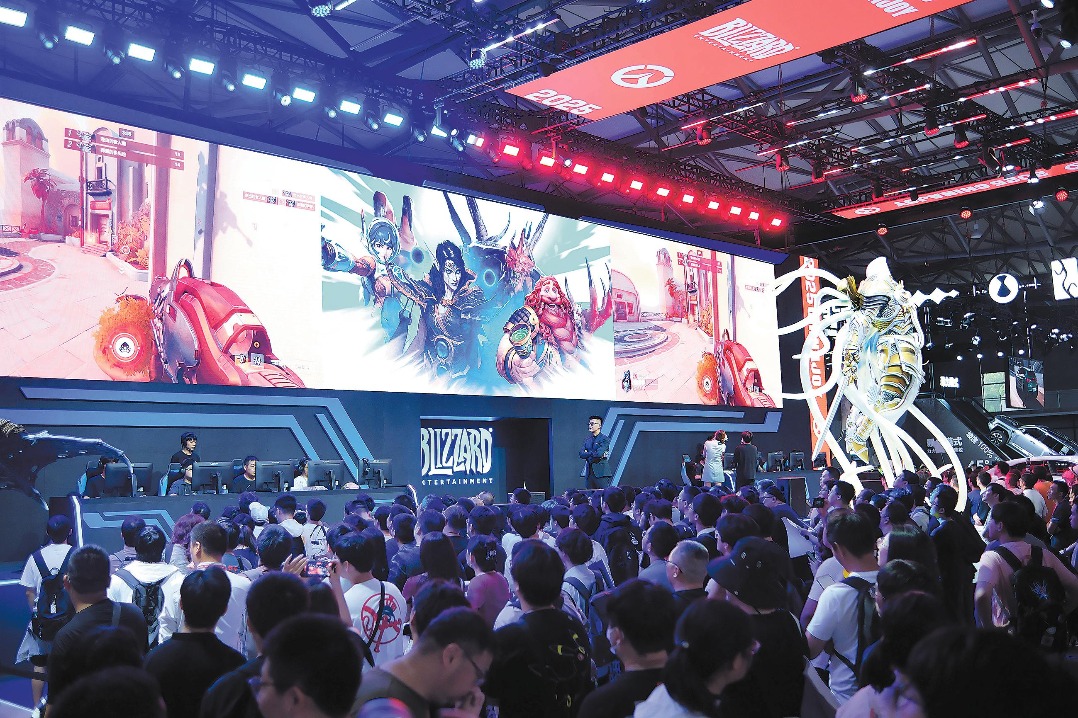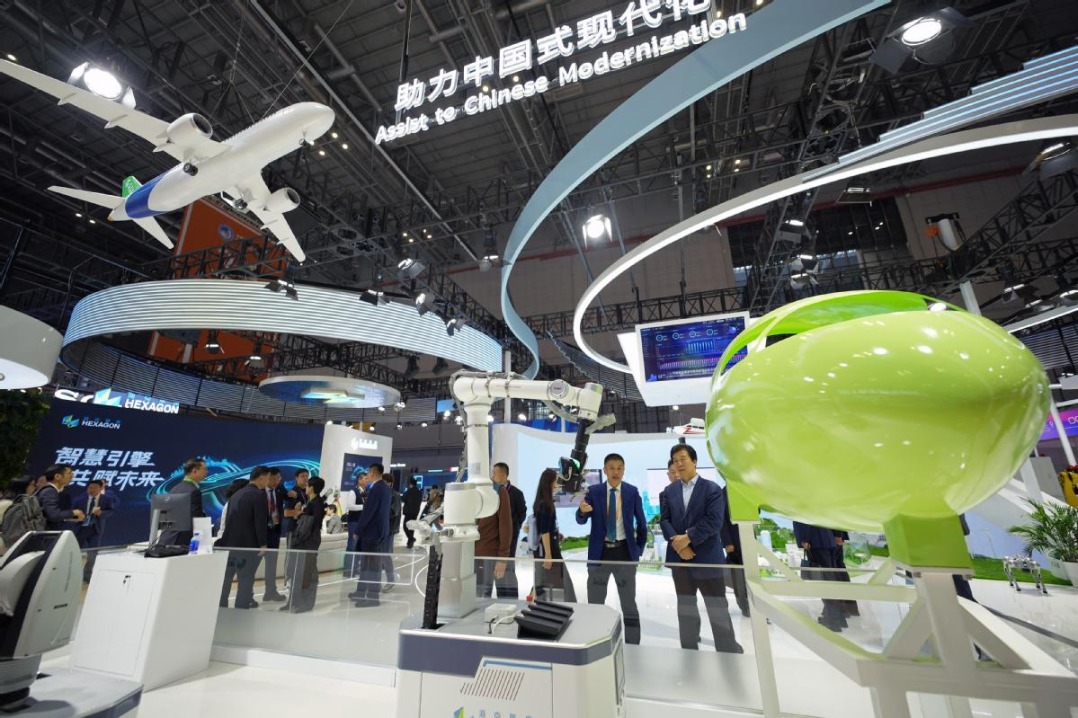Decoupling simply not practical, Yellen says

US Treasury Secretary Janet Yellen said on Thursday that decoupling of the world's two largest economies was "simply not practical" and would have "disastrous effects", especially given the complexity of Asian supply chains and deep economic linkages to China in the region.
She made the remarks at the Asia Society in Washington 10 days before leaders of the Asia-Pacific Economic Cooperation members gather in San Francisco for an annual meeting from Nov 11 to 17.
The comments sought to assuage growing concerns about geopolitical fragmentation of the global economy into US-led and China-led factions, as "export and national security technology controls" grow between the world's two largest economies, Reuters commented.
"A full separation of our economies, or an approach in which countries including those in the 'Indo-Pacific' are forced to take sides, would have significant negative global repercussions," Yellen said in her speech.
"The United States began as an Atlantic nation, but we have long been a Pacific one as well. The 'Indo-Pacific' region is at the center of the 21st century global economy. The region contains half of the world's population, and it is generating about two-thirds of global growth.
"As we look toward APEC later this month, let me state unequivocally: Claims that America is turning away from the 'Indo-Pacific' are wholly unfounded. We are deepening our economic ties across the region, with tremendous potential benefits for the US economy and for the 'Indo-Pacific'."
However, Washington has shifted its China policy through a string of economic measures that include tariffs and restrictions on technology exports and outbound investments. Beijing said the US' self-imposed investment restrictions targeting China are a typical act that hurts the interests of others without benefiting oneself.
Last month, the Center for Strategic and International Studies said US export controls have affected the US industry in two major ways: The loss of market demand in China for leading-edge chips and their associated technologies, as well as retaliatory controls and sanctions by China.
Self-defeating curbs
The Chinese government has to work to convince domestic technology firms to source their inputs domestically, the analysis said.
And these countermeasures of "designing out US critical technological inputs" China has to take "threatens the US industry en masse", the analysis added.
Nvidia CFO Colette Kress said in June that long-term restrictions on China will impact "our future business and financial results" and that the US' semiconductor industry will suffer "a permanent loss of opportunities".
Like Nvidia, chip designer Advanced Micro Devices also relies on its consumer chip sales to China to fund its research and development of data center technology.
Yellen also talked about her trip to Beijing in July, where she met with Chinese economic officials.
"The visit led to the launch of economic and financial working groups, which provide ongoing channels to discuss macroeconomic and financial policies, work toward specific goals, and ultimately put our relationship on a surer footing," she said.
Lia Zhu in San Francisco and agencies contributed to this story.
Today's Top News
- Xi to review troop formations lining up along Chang'an Avenue during V-Day parade
- The great power game behind the Alaska summit
- Tariffs and the new geopolitics of the Amazon
- Xizang's meteoric rise proves true
- Xizang strides toward modernization
- Loans boost development in Global South






























